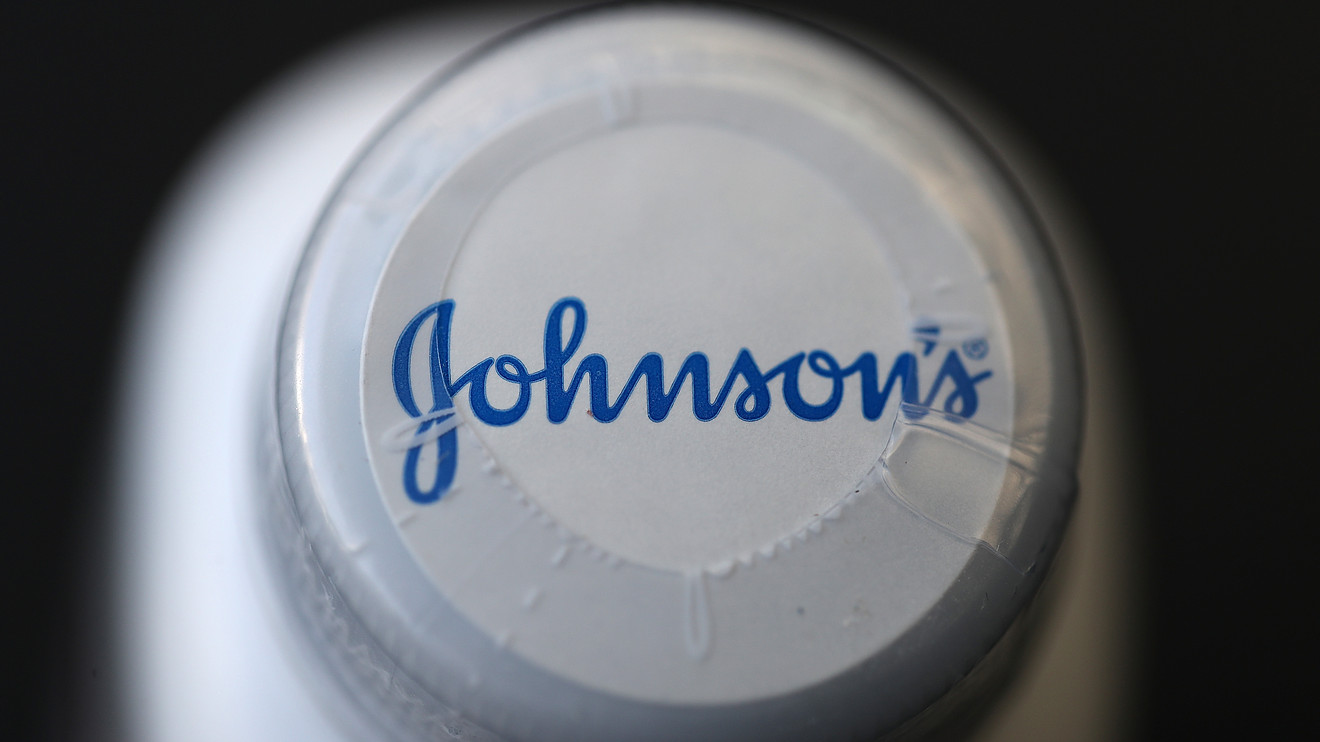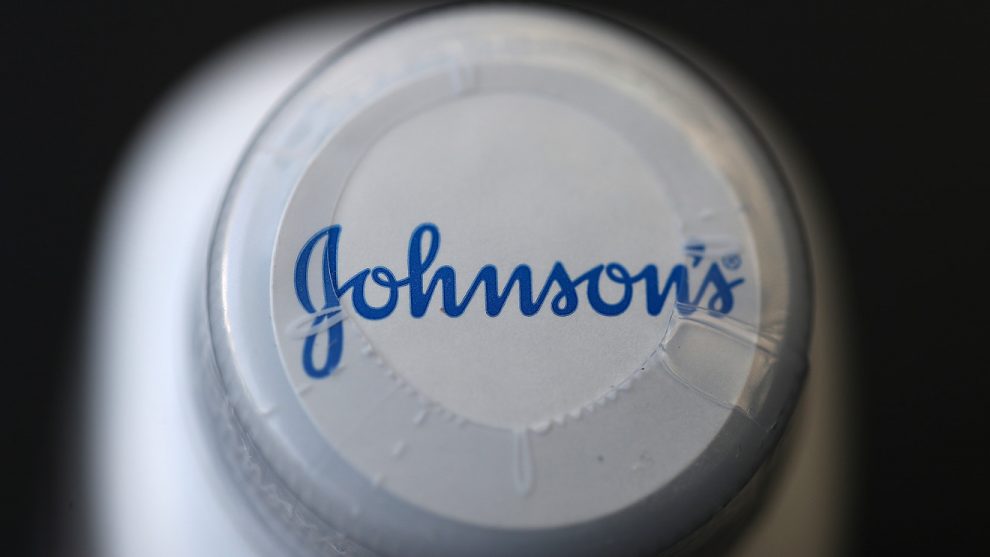
Johnson & Johnson topped Wall Street’s earnings expectations on Tuesday, extending the company’s multiyear streak of delivering better-than-expected results.
Shares of the health-products giant JNJ, +1.10% gained 2.2% after it reported profit and revenue in the first three months of 2019 that beat analysts’ estimates on FactSet. J&J also raised its full-year outlook for sales growth, providing an added lift for bullish investors.
Net income fell to $3.75 billion, or $1.39 a share, from $4.37 billion, or $1.60 a share, in the year-ago period. Excluding nonrecurring items, adjusted earnings per share, or EPS, rose to $2.10 from $2.06 a year ago, compared with the FactSet estimate of $2.04.
Sales increased 0.1% to $20.02 billion, above the FactSet consensus of $19.61 billion. Within its business segments, pharmaceutical sales rose 4.1% to $10.24 billion, above the consensus of $9.81 billion, and medical devices sales slipped 1.0% to $6.46 billion but beat expectations of $6.34 billion. Consumer sales fell 2.4% to $3.32 billion, underperforming expectations of $3.40 billion.
For 2019, J&J raised its outlook for sales growth to a range of 2.5% to 3.5% from its previous estimate of between 2.0% and 3.0%. The health products company also tightened its adjusted EPS guidance to a range of $8.53 and $8.63 from its previous estimate of between $8.50 and $8.65.
Here are 5 takeaways from J&J’s earnings results.
A not-too-shabby 2019 after all
In January, J&J said it expected sales growth to slow in 2019, forecasting that generic competition would whittle away $3 to $3.5 billion from the company’s pharmaceutical business. This was in the wake of political pressure around drug pricing, thousands of consumer lawsuits and the loss of the company’s patents for blockbuster anti-inflammatory drug Remicade and Zytiga, a prostate-cancer treatment.
However, J&J’s pharmaceutical unit still managed to soundly beat analysts’ expectations in the first quarter, driven by significant growth in sales of Stelara, which shot up 32.4% to $1.4 billion, as well as Darzalex and Imbruvica, which grew 45.5% and 33.5% to bring in $629 million and $784 million respectively.
J&J now says erosion from generic competition should be closer to $3 billion, the lower end of the range the company gave in January.
The health-products giant is “much more confident at this point in the year than we were a year ago, and certainly, for the balance of 2019, [than] what we thought would occur in January,” J&J Chief Financial Officer Joseph Wolk said in a call on Tuesday morning with analysts.
Consumer sales were a disappointment
J&J has been grappling with concerns about the safety of its talc-based baby powder. The company faces thousands of lawsuits over the product. A December report that J&J knew for decades that its baby powder had at times tested positive for asbestos renewed investor and consumer concerns, sending shares into a tailspin.
Litigation costs eroded profits
Profit fell 14% in the first quarter, and some of that was due to the $423 million J&J spent on litigation in the first quarter, an expense the company didn’t post in the year-earlier quarter.
J&J’s Spravato launch
The company is “off to a very, very strong start with Spravato,” according to Jennifer Taubert, J&J’s executive vice president and world-wide chairman of pharmaceuticals. Spravato, a nasal spray that was approved in March to treat severe depression, can only be administered by accredited specialists under a drug-safety program required by the Food and Drug Administration. As many as 800 sites are now certified to provide the drug, Taubert said during Tuesday’s earnings call.
Tight-lipped on Auris Health plans
“We view the Auris Health acquisition as highly complementary to our Verb program,” said Ashley McEvoy, executive vice president and world-wide chairman of medical devices, during Tuesday’s call with analysts. Verb Surgical Inc., a collaboration between J&J and Verily Life Sciences (formerly Google Life Sciences) formed in 2015, is a digital surgical platform.
McEvoy reaffirmed the role Auris Health’s Monarch platform would play in furthering J&J’s own lung-cancer initiative, but didn’t comment on the timing of for a prototype, nor did she comment on a regulatory timelines.
Shares of J&J have gained 8% in the year to date, while the Dow Jones Industrial Average DJIA, +0.26% has notched 13% in gains. The S&P 500 SPX, +0.05% has gained 16%.







